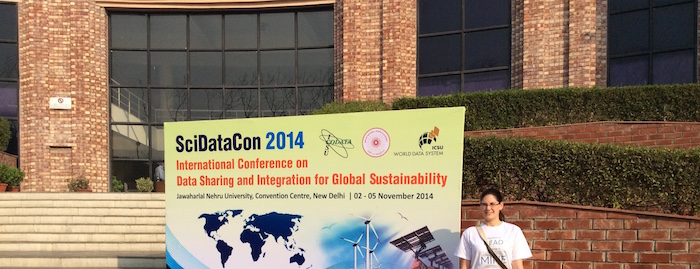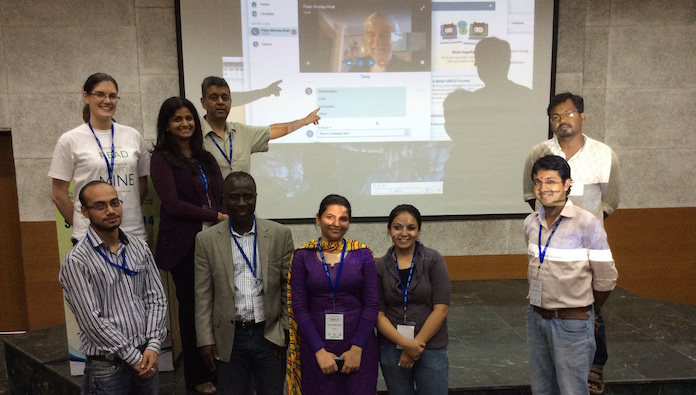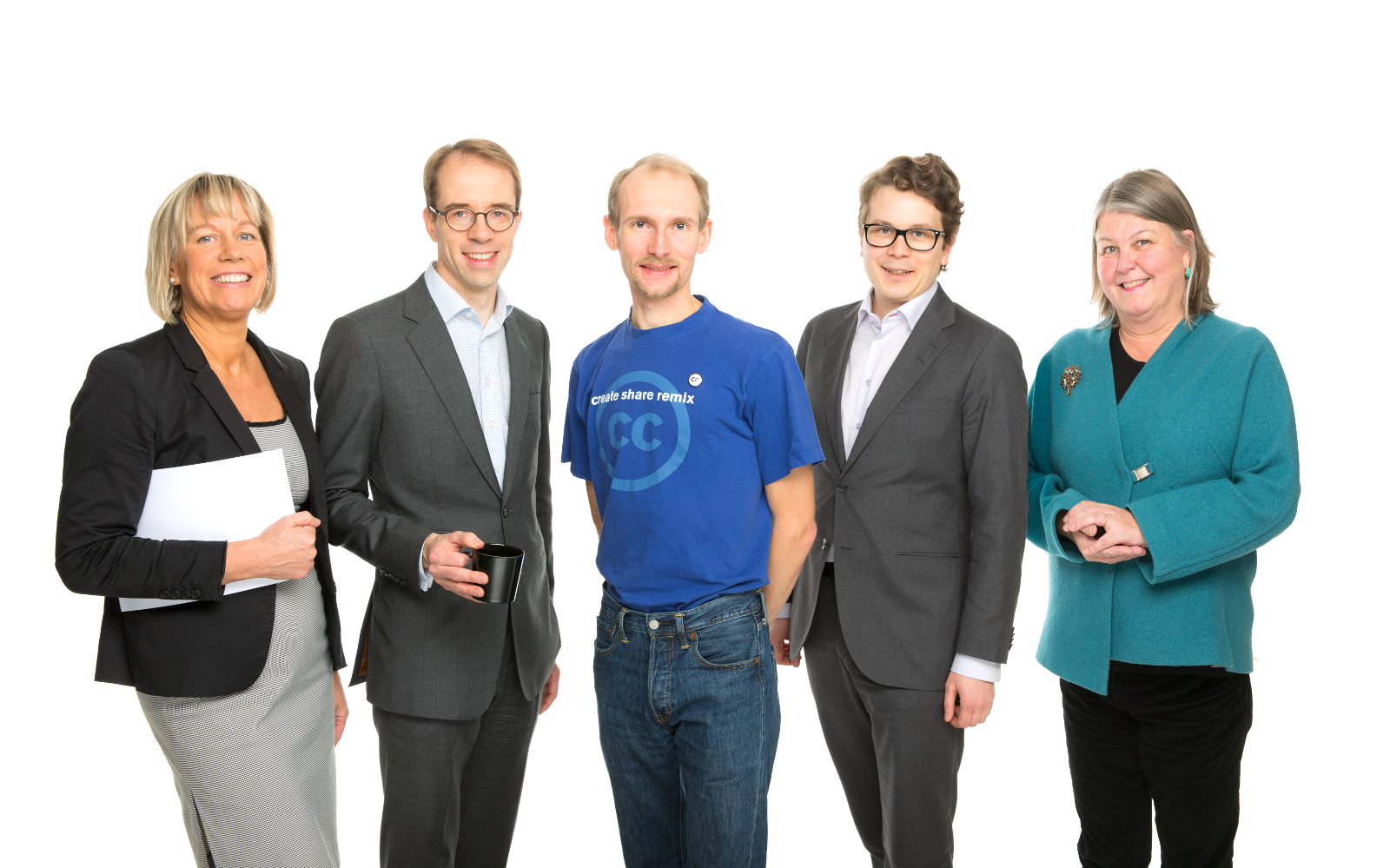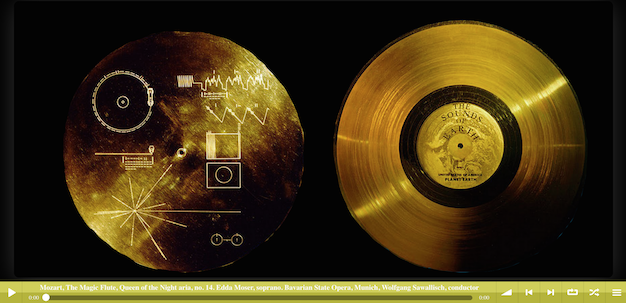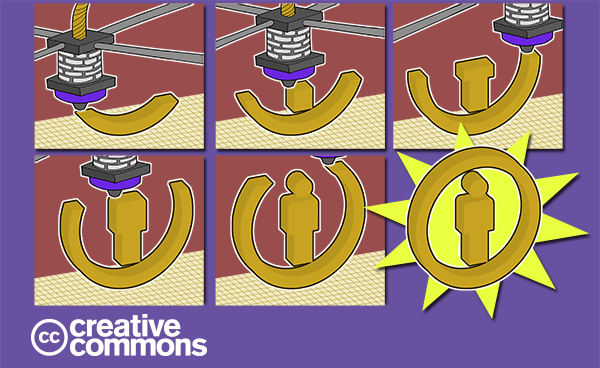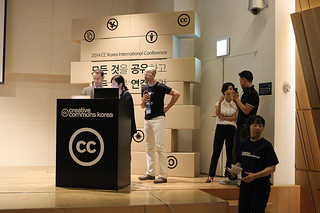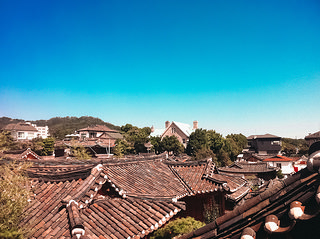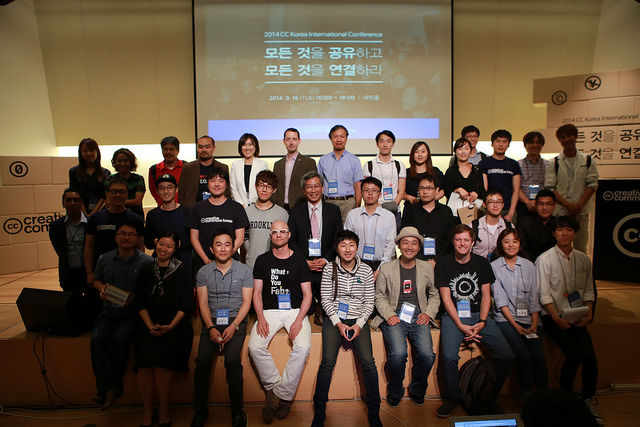
CCKorea / CC BY
Representatives from CC affiliates in Asia and the Pacific were once again hosted by CC Korea for the CC Asia-Pacific Regional Meeting this year. Asia-Pacific CC affiliates have a regular face-to-face meeting every two years to share their experience and know-how, to discuss common issues, and to seek opportunities for collaboration. Last September, 13 representatives from CC affiliate teams in China Mainland, Indonesia, Japan, Philippines, Malaysia, Taiwan, Mongolia, and South Korea came all the way to Seoul for this rare opportunity to get inspired by each other and meet Ryan Merkley, new CEO of Creative Commons, whom many of them met in person for the first time.
This year’s regional meeting was held in conjunction with the 3rd CC Korea Conference, “Share Everything, Connect Everything.” Ryan Merkley, CEO of Creative Commons, opened the event with an inspiring keynote speech on sharing and the commons attended by more than 200 people from various fields including government, business and academia. Around the three main themes of Creativity, Sharing City, and Civic Hacking, insightful presentations were given by various local and international speakers including Todd Porter, Co-founder of FabCafe and Hal Seki from Code for Japan. As the closing session, Won-soon Park, Mayor of Seoul City, and Jay Yoon, Project Lead of CC Korea, discussed how we could shape our future with sharing and cooperation.
Following the successful conference on the first day, the CC affiliate representatives sat down together for a full-day meeting dedicated to the discussion of internal issues, from individual activities to regional and global cooperation. After a round of warm greetings to each other, each presented not only their success stories but also exchanged experiences in projects that did not turn out as they had expected, focusing on what they could improve and how they could do better in the future. Challenges faced by teams varied from fundraising to support and sustain their activities to restructuring their volunteer community. Discussion revolved around how to address these by facilitating regional collaboration both among individual affiliates and with CC headquarters in California.
After a lunchtime walk along the Cheonggye stream, Ryan Merkley joined the group to share CC’s new vision and strategies and solicit feedback from the participants. Generally participants were glad for his willingness to share and to engage more closely with affiliates, welcoming opportunities to contribute and work more closely on various fronts. A theme of the day was ways that CC could collaborate and engage more actively with global affiliates on specific projects such as conducting research, developing tools to improve usability of CC licenses and reuse of CC-licensed content, etc. Some representatives also pointed out that more practical support from CC such as toolkits and resource repositories would be useful, especially for teams who are new or restructuring. Regional activities, such as the creation of a regional website and combining efforts in popular areas such as education, were also important part of the day’s agendas.
The meeting was followed by a CC Salon, held as a wrap-up event of the whole program at a cozy book cafe down an alleyway, away from the noise and bustle of the Hongdae area. Conference speakers, CC Asia-Pacific representatives, and members and friends of CC Korea were all invited to meet old and new friends, try different traditional beverages brought by the participating CC representatives, and get inspired by interesting ignite talks ranging from a fantastic dance performance by Muid Latif from CC Malaysia to Ryan’s “20 things I love from the commons” and a 3rd-grader girl’s talk about her coding projects.
CC Korea would like to once again thank all representatives who participated and hopes that this could lead to more cooperation in the region and beyond.
For more details, see post-conference resources, including videos, all available under CC licenses. You can also read about the previous regional meeting in Jakarta, Indonesia, in 2012.
bssmile / CC BY 3.0
The thoughts below are from Muid Latif, Project Lead of CC Malaysia:
Visiting Seoul is life-changing experience. As a creative person, each turn you take around the city gives a perfect visual story-telling of its culture and economic progress. Since I was very familiar to the design community in Korea through Behance Network and Creative City project curated by Jackson Tan (Singapore) this year in conjunction of Kaohsiung Design Festival, I was introduced to amazing designers like Yoon Hyup and the talented Na Kim who I had the privilege to meet in September this year in Penang, Malaysia.
I was blown away by the amount of art galleries located in each district. I could easily be overwhelmed by so much talent. It shows how organised and cultured Koreans are in accepting creativity as a part of their daily routine.
While I was in Seoul, attending the CC Korea International Conference provided me with such an insightful experience to know how enthusiastic creators are in ensuring citizen could access better, organised public information and allowing transparency of the government, through projects like CodeNamu. And Randomwalks, for example, amplified various media and data and turned it into phenomenal info-graphics, as shown in Sey Min’s presentation and demonstration. An aspiring young girl named Hannah enlightened us about the best creative way to have fun by creating DIY ear-folding rabbit and a fun wrist-band. I also had the chance to do a contemporary dance performance during the CC Salon featuring music of DD.85’s ‘Adaptation’.
It’s more extraordinary to learn that Koreans take seriously into sharing culture thus seeing Creative Commons as a medium to empower their creations. From sharing innovation of technology through open source, mobile apps and web-based programmes are easily accessible to all. It facilitates greater alternative in cost-saving, and yet at the same time, some generous users would donate through PayPal as part of their appreciation. This is what CC is catered for its content users, the power to appreciate and attribute. The support does not only stop there, a local renowned KPOP artist expresses interest in offering to become an ambassador of CC Korea to increase more awareness. This is indeed admirable and I see that other CC affiliates could adapt and follow the same strategy to advance CC movement into the next level. If people would ask me, what’s the next big thing for CC? Well, this is it.
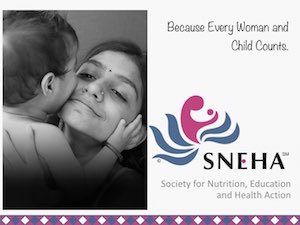 SciDataCon, which used to be called CODATA, is held every two years, and is an important showcase of open science around the world. It is an important gathering for it brings together many scientists from the global south. A lot remains to be done to make real-time, pervasive data sharing and reuse a reality in much of the world, but there are heartening signs. At a national level, India’s data portal holds promise, but making data licensing information more explicit and data easily searchable by license would make it more useful. Citizen science projects in the Netherlands, India and Taiwan demonstrated how crowds can be involved in experiments while ensuring the user-generated content is made available for reuse, and SNEHA’s work on understanding perspectives on data sharing for public health research was particularly insightful of the value of listening to the feedback from participants.
SciDataCon, which used to be called CODATA, is held every two years, and is an important showcase of open science around the world. It is an important gathering for it brings together many scientists from the global south. A lot remains to be done to make real-time, pervasive data sharing and reuse a reality in much of the world, but there are heartening signs. At a national level, India’s data portal holds promise, but making data licensing information more explicit and data easily searchable by license would make it more useful. Citizen science projects in the Netherlands, India and Taiwan demonstrated how crowds can be involved in experiments while ensuring the user-generated content is made available for reuse, and SNEHA’s work on understanding perspectives on data sharing for public health research was particularly insightful of the value of listening to the feedback from participants.